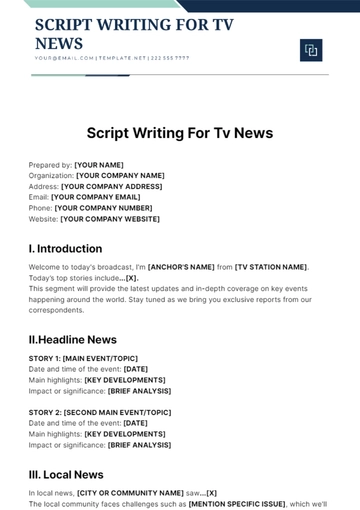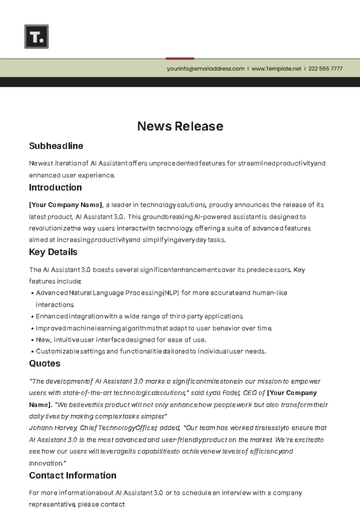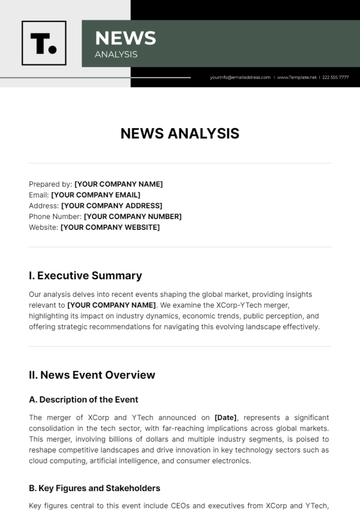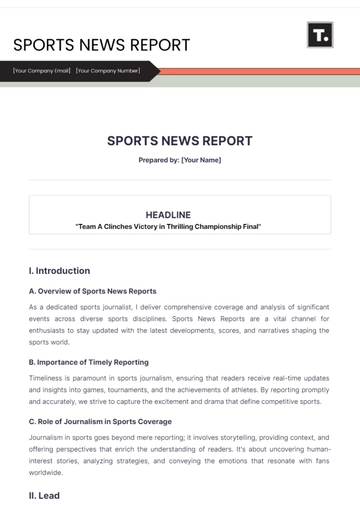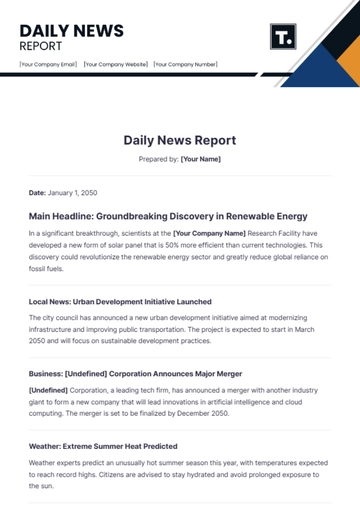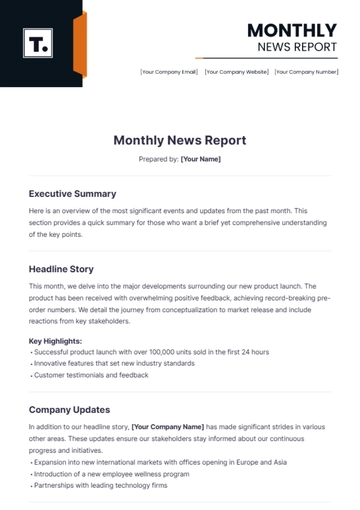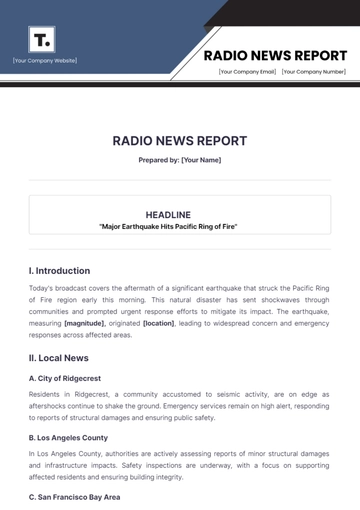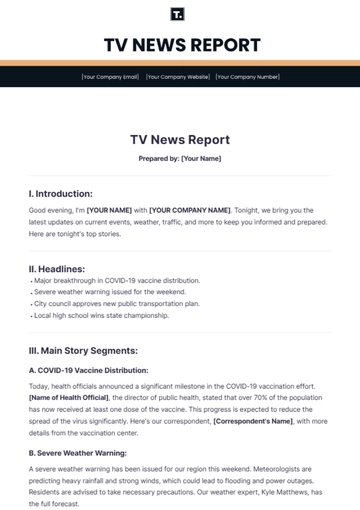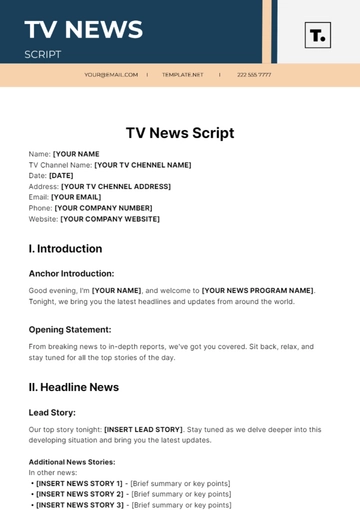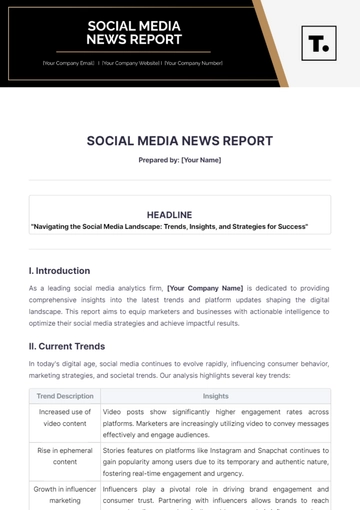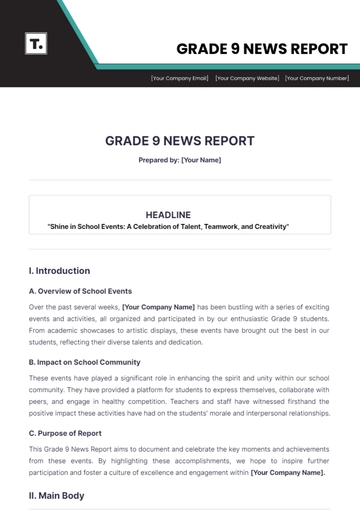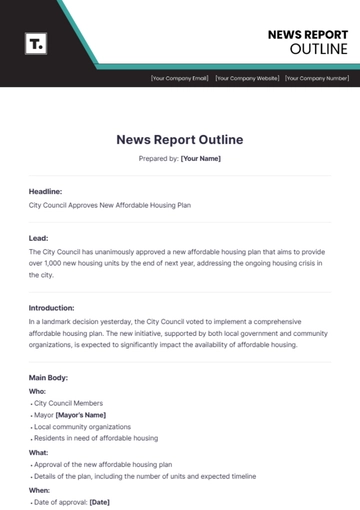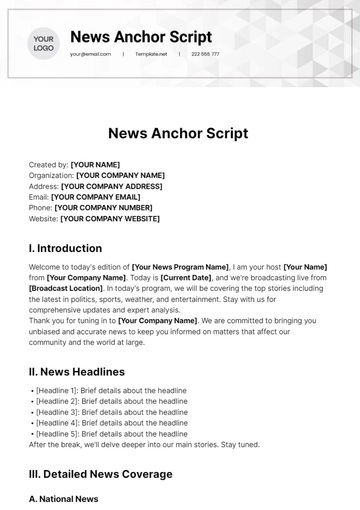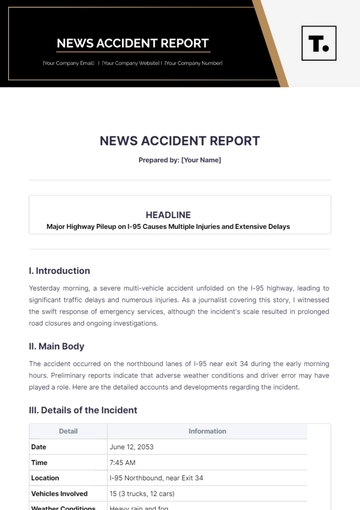Free Financial Compliance Guide
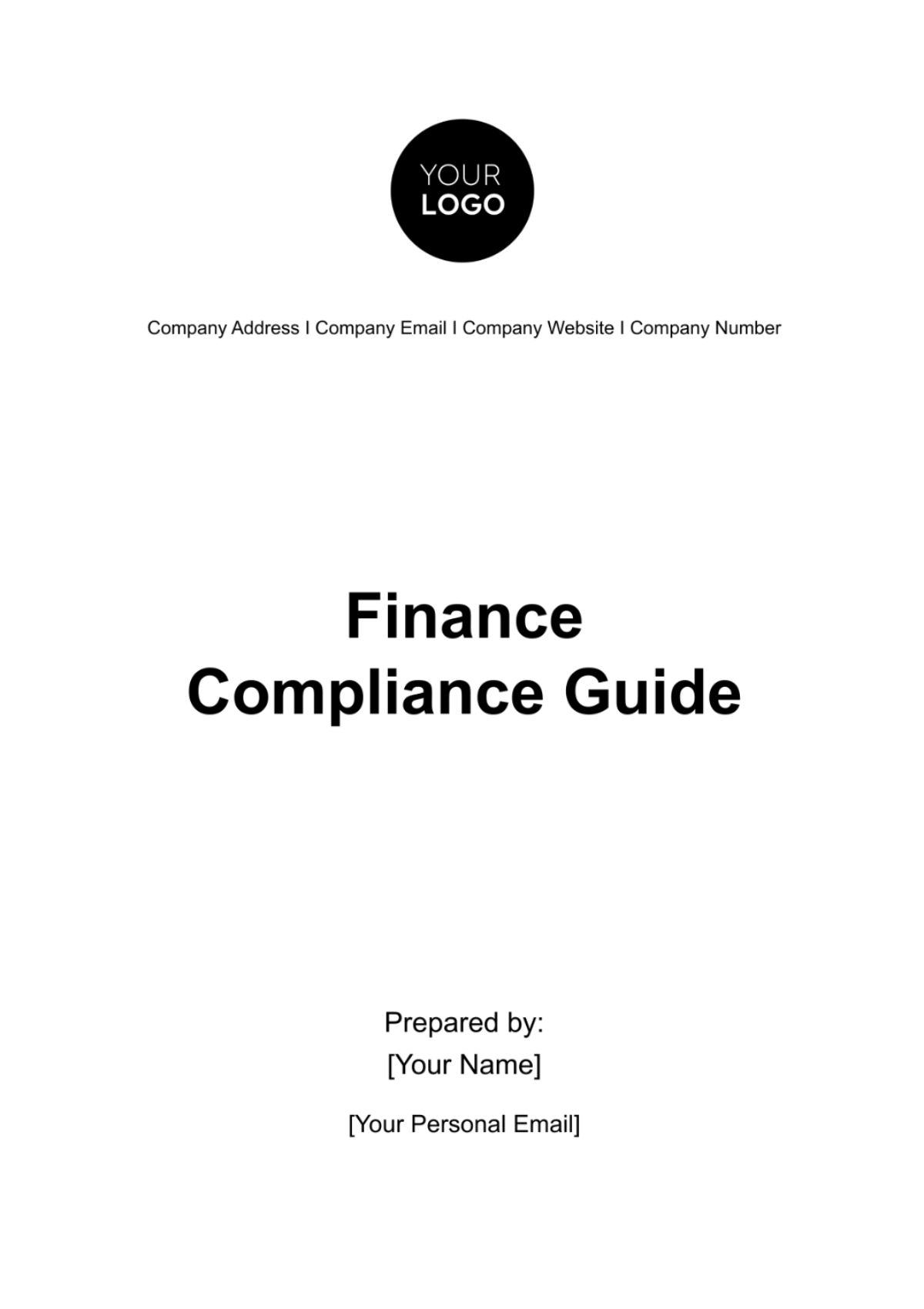
Introduction
This Financial Compliance Guide is designed to serve as a comprehensive reference for our organization's adherence to financial laws, regulations, and best practices. Our aim is to provide clear, practical guidelines to ensure consistent compliance across all levels of our organization. By following this guide, we strive to maintain the highest standards of financial integrity and accountability.
Scope and Applicability
The policies and procedures outlined in this guide apply to all employees, contractors, and officers within our organization, across all departments and levels. This includes, but is not limited to, our finance and accounting teams, management personnel, and any individual involved in financial decision-making or reporting. The guide covers all aspects of our financial operations, from routine transactions to complex reporting requirements.
Importance of Financial Compliance
Adhering to financial compliance is not just a legal necessity; it is integral to the sustainability and reputation of our organization. Compliance helps us:
Mitigate Risks: By following established laws and regulations, we minimize the risk of legal penalties, fines, and reputational damage.
Enhance Accuracy: Compliance ensures the accuracy and reliability of our financial reporting, enabling informed decision-making.
Build Trust: Maintaining high compliance standards strengthens the trust of our stakeholders, including investors, customers, and regulatory bodies.
In summary, this guide is a cornerstone in our commitment to uphold ethical financial practices, ensuring our organization's long-term success and integrity.
Legal Framework
Our organization operates within a complex and dynamic legal environment. It is essential for us to understand and comply with the various financial laws and regulations that govern our activities, both domestically and internationally.
Relevant Laws and Regulations
Sarbanes-Oxley Act (SOX): Enacted in 2002, SOX primarily focuses on improving the accuracy and reliability of corporate disclosures. It mandates stringent reforms to enhance financial disclosures and prevent accounting fraud. For our organization, this means maintaining rigorous internal controls over financial reporting and ensuring that our financial statements are accurate and complete.
Dodd-Frank Wall Street Reform and Consumer Protection Act: This act was introduced in 2010 in response to the financial crisis. It aims to promote financial stability by improving accountability and transparency in the financial system. We comply by engaging in diligent risk management, transparent financial reporting, and adhering to the consumer protection provisions outlined in the act.
IFRS: These are the international accounting standards that provide a common global language for business affairs, ensuring that our financial statements are understandable and comparable across international boundaries. They are particularly relevant for our international transactions and global business dealings.
GAAP: As a set of accounting principles used primarily in the United States, GAAP guides our financial recording and reporting domestically. It ensures that our financial statements are consistent, comparable, and complete, fostering clarity and consistency in our financial communications.
Understanding and implementing these standards and regulations is pivotal in maintaining our financial integrity and ensuring compliance. By doing so, we ensure that our financial practices are not only legally compliant but also reflect global best practices.
Organizational Responsibilities
In our organization, upholding financial compliance is a shared responsibility. It requires a coordinated effort across various teams, each playing a crucial role in maintaining our commitment to financial integrity and compliance.
Team | Responsibilities |
Compliance Officer/Team | Oversee all compliance programs. Ensure adherence to legal standards and internal policies. Conduct regular compliance audits and risk assessments. |
Senior Management | Foster a culture of compliance within the organization. Approve major financial decisions. Ensure effective communication of compliance policies to all levels. |
Finance and Accounting Team | Accurate and timely financial reporting. Implementation of financial controls. Manage financial risks and ensure compliance with GAAP/IFRS. |
Human Resources | Disseminate compliance-related information and training. Manage compliance in employment practices and policies. Handle whistleblower cases and protect confidentiality. |
IT Department | Safeguard financial data through robust cybersecurity measures. Provide technological support for compliance monitoring and reporting tools. Ensure data privacy and compliance with relevant data protection laws. |
Legal Team | Advise on legal implications of financial decisions. Keep abreast of changes in financial regulations and laws. Assist in handling legal proceedings related to financial compliance. |
All Employees | Adhere to the organization’s financial policies and procedures. Report any suspected financial compliance issues. Participate in compliance training and awareness programs. |
Compliance Policies and Procedures
Effective compliance policies and procedures are the backbone of our organization's financial integrity. They provide a structured approach to managing our financial obligations and ensure adherence to relevant laws and standards.
Internal Controls and Audit Processes
To safeguard assets, enhance the accuracy of financial records, and prevent fraud. Procedures:
Regular internal audits.
Segregation of duties to prevent conflicts of interest and errors.
Regular reviews of financial processes and controls.
Financial Reporting Procedures
To ensure accurate, timely, and transparent reporting in compliance with IFRS/GAAP. Procedures:
Preparation of financial statements at regular intervals.
Thorough review and analysis of financial reports by qualified personnel.
Timely correction of any discrepancies or errors in financial reports.
Document Retention Policies
To maintain and protect important financial records in compliance with legal requirements. Procedures:
Specified durations for retaining different types of financial documents.
Secure storage of financial records, both physical and digital.
Systematic destruction of documents after the retention period.
Conflict of Interest Policies
To prevent conflicts of interest that could compromise financial decisions and reporting. Procedures:
Mandatory disclosure of any potential conflicts of interest by employees.
Management review and monitoring of conflict disclosures.
Recusal of conflicted individuals from relevant decision-making processes.
Risk Management
Effective risk management is critical to safeguarding our organization's financial and operational stability. We identify, assess, and mitigate risks to ensure resilience and compliance with regulatory standards.
Risk Type | Likelihood | Impact | Mitigation Strategies |
Financial Reporting Errors | Medium | High | Regular audits Continuous training Automated checks |
Compliance Breaches | Low | High | Regular updates on legal changes Comprehensive compliance training Internal monitoring systems |
Market Volatility | High | Medium | Diversification strategies Continuous market analysis Flexible financial planning |
Cybersecurity Threats | High | High | Robust cybersecurity measures Regular IT audits Employee awareness programs |
Operational Risks | Medium | Medium | Process optimization Quality control measures Employee training |
Training and Education
Continual training and education are essential to maintain and enhance our team's financial compliance capabilities. We invest in various programs to keep our workforce informed, skilled, and compliant.
Training Programs for Employees
Program Name | Description | Target Audience |
Compliance Onboarding | Introduction to compliance policies and procedures. | New Employees |
Advanced Financial Reporting | In-depth training on financial reporting standards. | Finance Team |
Cybersecurity Awareness | Training on cybersecurity best practices. | All Employees |
Ethics and Conduct | Workshop on ethical behavior and decision-making. | All Employees |
Legal Update Seminars | Updates on recent legal changes in finance. | Compliance Team |
Continuing Education Requirements
Annual Refresher Courses: All employees involved in financial processes must complete annual refresher courses to stay current with evolving regulations.
Certification Programs: Employees in key financial roles are encouraged to pursue relevant professional certifications (e.g., CPA, CFE).
External Workshops and Seminars: Attendance at external workshops and seminars is encouraged for continuous learning and networking.
Monitoring and Editing
Continuous monitoring and regular audits are integral to our financial compliance framework. They help us identify and address compliance issues proactively and ensure the integrity of our financial processes.
Regular Compliance Audits
Our organization conducts regular compliance audits to assess adherence to financial regulations and internal policies. These audits, performed both internally and by external auditors, scrutinize various aspects of our financial operations. They include reviews of accounting records, internal control systems, and regulatory compliance practices. Audit findings are documented in detailed reports, and recommendations are made to address any identified weaknesses or non-compliance issues.
Monitoring Financial Transactions
We continuously monitor financial transactions to detect irregularities and prevent fraud. This involves real-time analysis of transaction data, regular reconciliation of accounts, and scrutiny of unusual or suspicious financial activity. Our monitoring processes are supported by advanced software tools that flag anomalies and enable swift investigative actions.
Corrective Actions for Compliance Violations
Implement immediate remediation for identified issues.
Update policies and procedures to prevent recurrence.
Provide additional training or resources where gaps are identified.
Take disciplinary action against responsible individuals, if warranted.
Reporting Mechanisms
Transparent and efficient reporting mechanisms are crucial for effective financial compliance. They allow for timely identification and resolution of compliance-related issues.
Procedures for Reporting Compliance Issues
Immediate reporting of suspected violations through established internal channels.
Documentation of the issue in detail, including relevant dates, parties involved, and any evidence.
Regular updates provided to the reporting individual on the status of the investigation.
Whistleblower Protections
Assurance of confidentiality for individuals reporting compliance issues.
Protection from retaliation, discrimination, or harassment due to reporting.
Procedures in place for anonymous reporting, if desired.
External Reporting Requirements
Mandatory reporting of significant compliance violations to relevant regulatory authorities.
Disclosure of audit findings in financial statements, as required by law.
Compliance with industry-specific reporting requirements, where applicable.
Enforcement and Disciplinary Actions
Enforcement of compliance policies and procedures is vital for maintaining the integrity of our financial operations. We take a firm stance on non-compliance, ensuring accountability at all levels within our organization.
Consequences of Non-Compliance
Formal warning or reprimand.
Financial penalties or restitution.
Suspension from certain duties or responsibilities.
Termination of employment in severe cases.
Disciplinary Procedures
Investigation of the alleged non-compliance issue.
Opportunity for the accused to present their side.
Deliberation by a compliance committee or appropriate authority.
Implementation of a disciplinary action proportionate to the violation.
Remediation Plans
Issue Identified | Remedial Action | Responsible | Timeline |
Accounting Errors | Review and correction of errors; retraining of involved staff. | Finance Team | 30 Days |
Compliance Breach | Policy revision; additional compliance training. | Compliance Team | 60 Days |
Ethical Violations | Disciplinary action; ethics training for staff. | Human Resources | 45 Days |
Review and Updating of Compliance Policies
Our commitment to financial compliance requires regular review and updates of our policies and procedures. This ensures that our practices remain effective and relevant in an evolving regulatory environment.
Regular Review of Compliance Policies
Annual assessment of all compliance policies.
Review following any significant regulatory changes.
Regular audits to identify areas for policy improvement.
Feedback Mechanism for Policy Improvement
Suggestion box or portal for employees to propose policy enhancements.
Regular meetings or forums for discussing potential improvements.
Process for evaluating and implementing constructive feedback.
- 100% Customizable, free editor
- Access 1 Million+ Templates, photo’s & graphics
- Download or share as a template
- Click and replace photos, graphics, text, backgrounds
- Resize, crop, AI write & more
- Access advanced editor
The Financial Compliance Guide Template from Template.net is an essential tool for ensuring adherence to financial regulations and standards. Editable and customizable in our AI Editor tool, this template simplifies the process of creating comprehensive compliance guides, tailored to specific organizational needs. It's perfect for professionals looking to maintain financial integrity and regulatory compliance in their business practices.







